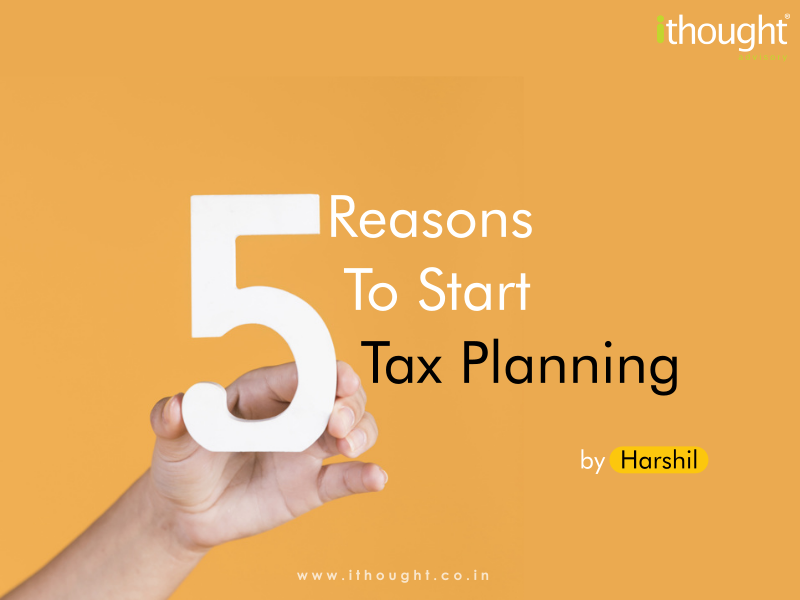
-
The world of two tax regimes
There is a new tax regime introduced by the finance minister with lower tax rates but no deductions or exemptions. For this particular reason, each taxpayer will have to study his/her specific situation at the start of the financial year and then decide whether to opt for the new or the old regime.
-
Uniform Cash Flows
By deciding your tax regime at the start of the financial year, you will ensure smoother and more uniform cashflows. Your employer will deduct tax according to your tax regime. You would also be able to plan and accommodate your expenses and investments (tax saving or otherwise) with ease.
-
Tax vs Opportunity Cost
Tax saving should be seen as a broader concept. The basis of tax saving is wealth creation by making use of more money in hand. Tax saving investment options come with lock-in periods. Opting out of such investments gives an investor more financial flexibility.
Evaluating the right mix of tax saving instruments and growth-oriented instruments is essential for building a roadmap to wealth creation. Every investor must assess whether paying more/less tax is worth the investment opportunity cost.
-
Selecting The Right Tax regime
While the new tax regime is simpler, the decision whether to opt for it may not be as simple as it looks. A thorough check of all eligible exemptions and deductions must be done to calculate whether your tax liability is lower in the new regime or the old one. If one doesn’t have a proper tax plan in place, he/she may end up paying more tax or investing inefficiently.
-
Save Yourself The Stress
If the end of the financial year is stressful for you – it’s probably because you haven’t worked on your tax saving plan through the year. Finding the right options in the last minute is quite a task. The best way to tackle stress to get your finances in line. By starting early, you will have enough time to evaluate your options and pick the ones most suited to your needs. Stay ahead of the curve and enjoy a stress-free life.
